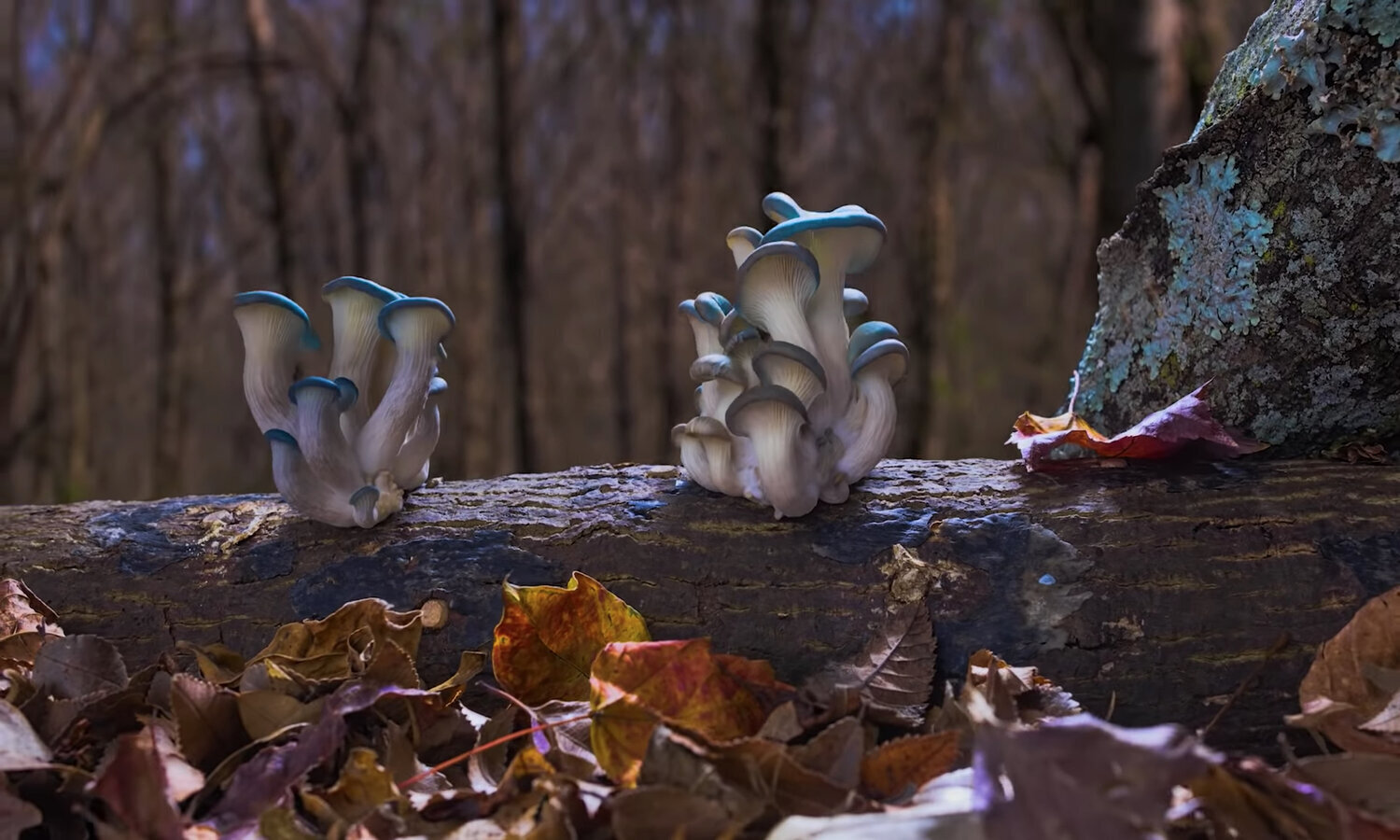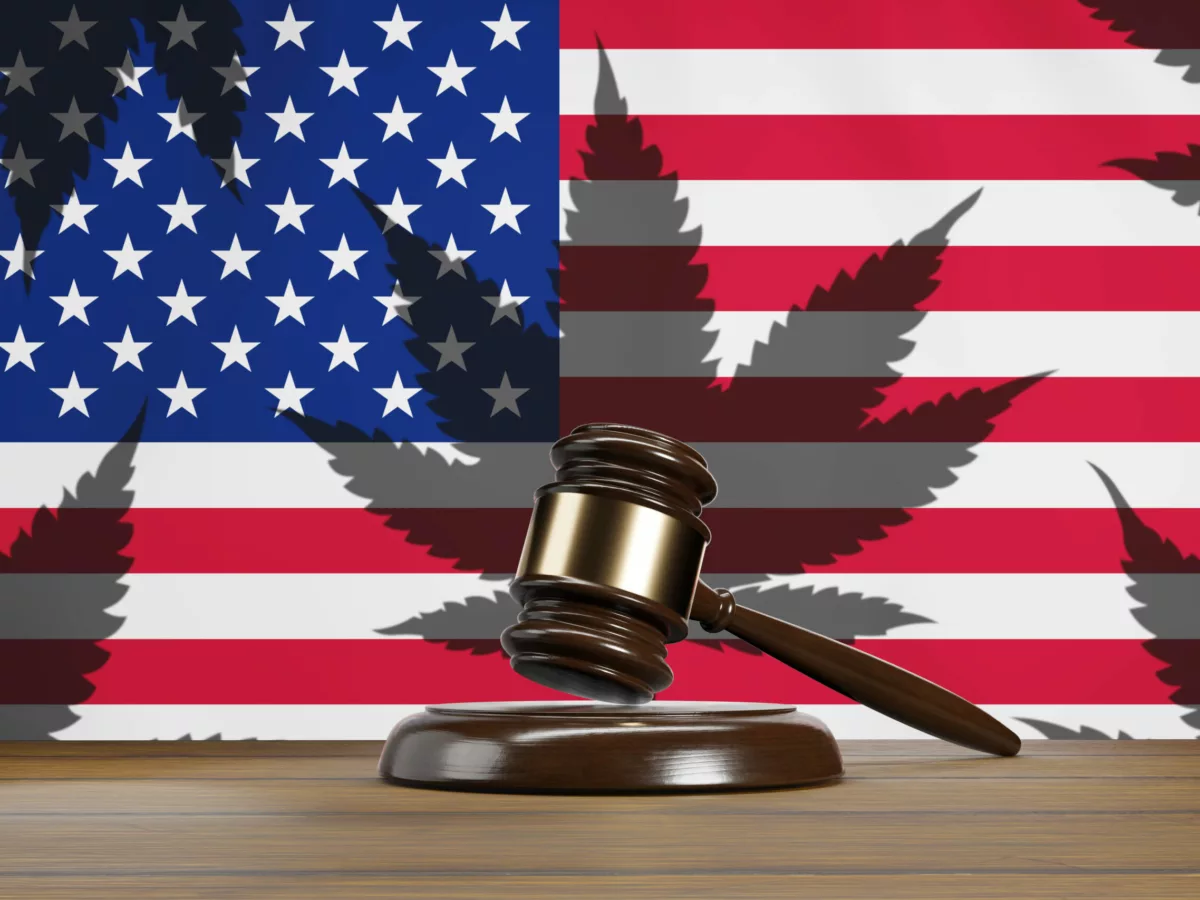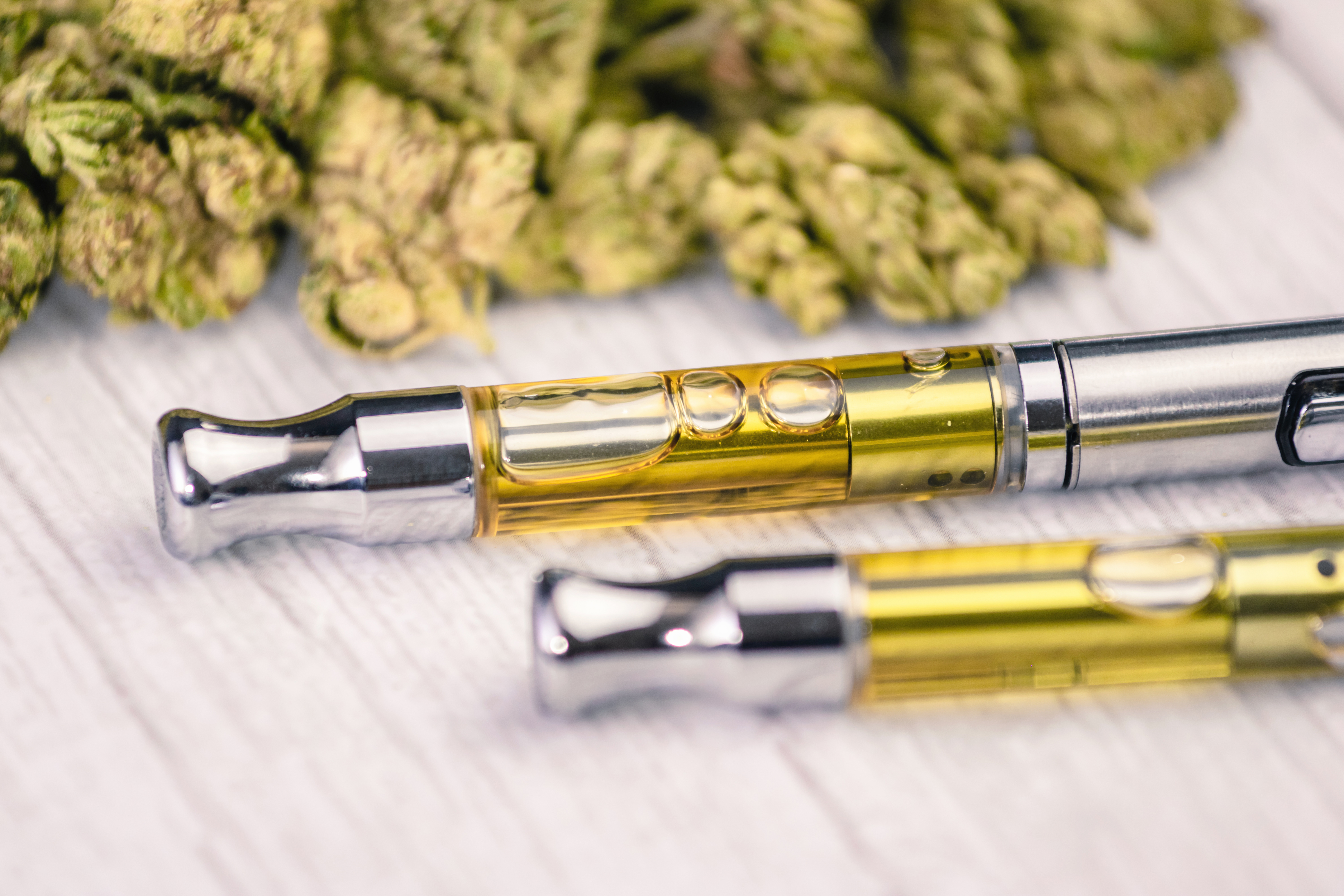Among many changes underway in the nation’s capital, a new nonprofit seeks to increase understanding of and access to natural and synthetic psychedelic medicines at the federal level. The Plant Medicine Coalition (PMC) was co-founded and will be led by local advocate Melissa Lavasani. As chairwoman of Decriminalize Nature D.C., she proposed the successful Ballot Initiative 81 to effectively decriminalize entheogenic plant medicines in the capital. The other PMC co-founder is Molly Ahearn Allen of lobbying firm American Continental Group.
As an advocate, Lavasani draws on her own experience using psychedelics to treat postpartum depression. She tells Outlaw Report that Decriminalize Nature D.C.’s campaign laid the foundation for PMC.
“We began educating the public about plant medicines, and introduced the human aspect of mental health, and the risk people like myself had to take to heal,” Lavasani said.
PMC’s early ambitions include advocating for $100 million in federal funding for research into these drugs, improving the quality of psychedelic-related dialogue among lawmakers, and establishing Community Healing Hubs centered on plant medicine. It also seeks to build on and support a growing wave of pro-psychedelic activism across the country, which has led to multiple local victories for reformists, including in the state of Oregon, and cities such as Denver, Ann Arbor, Oakland and Santa Cruz.
Lavasani said PMC’s ultimate goal “is to deschedule these medicines and have some kind of sweeping legislation that allows for integration of psychedelics into our society.” She characterized research funding as a “safe entry for policymakers” and an “essential” piece of the movement. “Research, the current clinical trials, and cities and states continuing to decrim will all drive pressure up to the federal government to change laws around psychedelics.”
PMC fundraising has just begun but Dr. Bronner’s Soap Company, which also backed the Initiative 81 campaign through the New Approach PAC, is on board. It will fund PMC’s upcoming Community Creation Grants program to launch Community Healing Hubs. PMC aims to have one hub in each ward of the District but, Lavasani said, “the focus, now, is to serve the city’s most underserved and, arguably, most traumatized communities.”
She envisions the hubs as “a safe space to gather with those in the community to receive education on plant medicine and multidisciplinary integration support that focuses on harm reduction” and “a way to build the plant medicine community in D.C. in an organic, genuine way.”
The Entheogenic Plant and Fungus Policy Act of 2020 Lavasani spearheaded received more than 76% approval from D.C. voters, despite pandemic-related delays in the petitioning process. It now heads to a 30-day Congressional review process, which was itself delayed by COVID restrictions, as well as the insurrection attempt and other events. If no obstacles arise, the initiative will go into effect March 19, making investigation and arrest for adult cultivation and use of psychedelic plants one of the lowest law enforcement priorities for the district’s police department. Possible roadblocks: D.C. Mayor Muriel Bowser and anti-cannabis Rep. Andy Harris both expressed opposition to the measure.
Still from Fantastic Fungi / Courtesy YouTube






